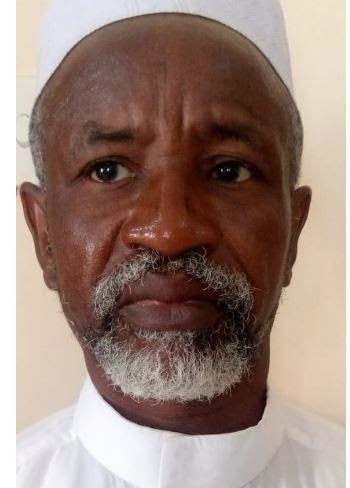Abstract
The goal of this study is to investigate Speech Act types in the utterances between traders in Kabba markets and their customers. To gather data for this study, the researcher visited the five popular markets in Kabba, Kogi State. The five markets include Kabba Central market, Zango Market, Odogi market, Ojapona and Ojaoba. The researcher approached some market women with a telephone set which has a device to record conversations. The voices of the market women in the course of haggling prices, responding to enquiries from customers, displaying and showing goods and food stuff to be bought by customers served as primary data for the study. The theory adapted for the analysis of the conversations is Austin’s (1962) Speech Act Theory. We find that the dominant speech act in the utterances is informing, used to inform the customers about the prices of the commodities, “commending” which is used to appreciate the traders. “Questioning” appeared in the samples and it was used to ask the traders what they have in stock. “Appreciating” as a speech act was used to express gratitude after as successful bargain. “Agreeing” appeared in the samples functioning as a consensus between trader and buyer. “Ordering”, “revealing” and “informing” also appeared as acts for asking traders to bring what he or she sells, and revealing information about the commodity. The efforts in this present study has led us to a three-fold distinction which Austin draws in relation to the locutionary, illocutionary and perlocutionary acts involved in a total speech Act.
Keywords: Speech Act, Locution, Illocution, Perlocutionary Act
DOI: 10.36349/zamijoh.2023.v02i01.007
author/Oyinbo, J. & Olaniyi, O.
journal/Zamfara IJOH Vol. 2, Issue 1





